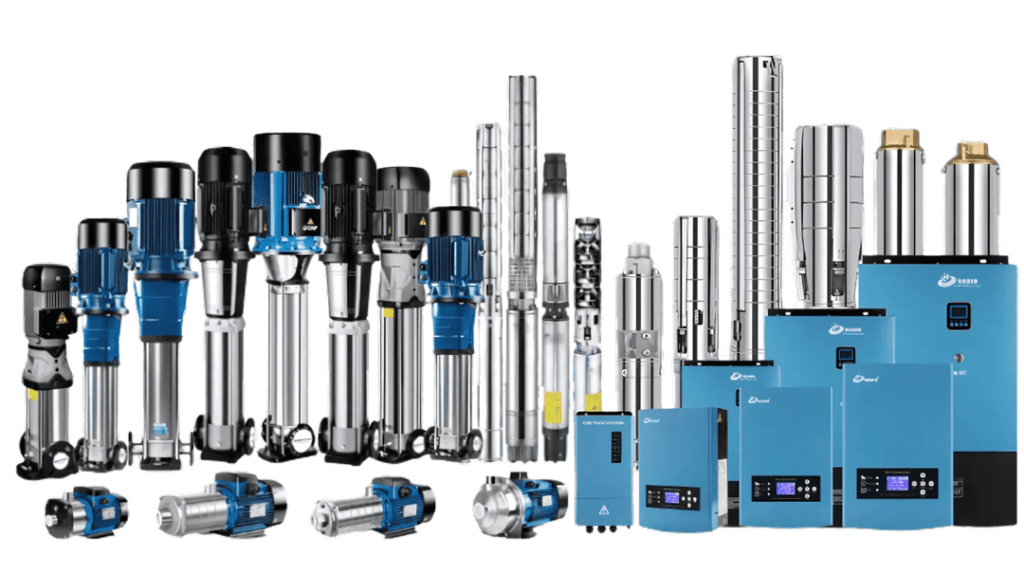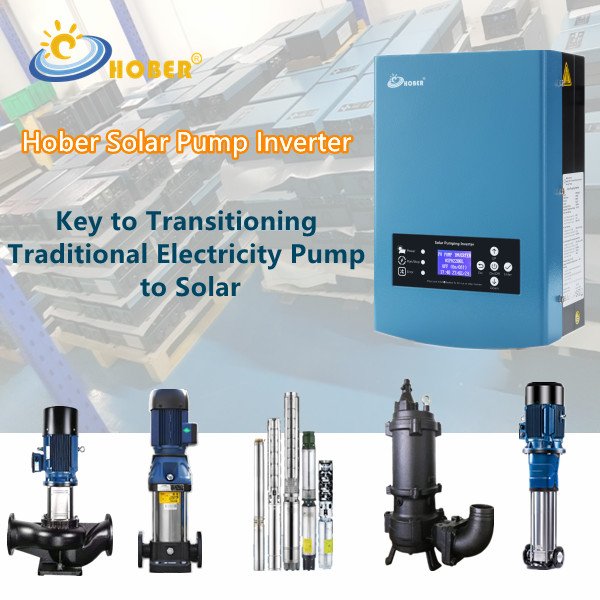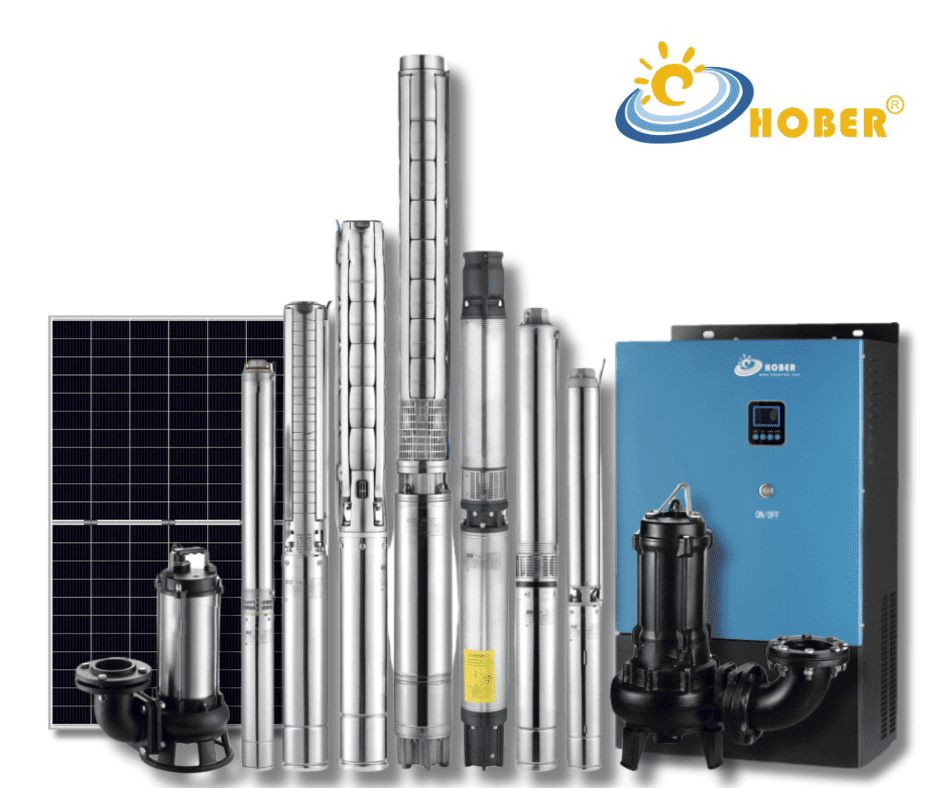As environmental concerns grow, many people are turning to sustainable solutions, and solar-powered water pumps are leading the way. These pumps use the sun’s energy to power water systems, reducing reliance on traditional power sources and minimizing carbon emissions. Whether you’re a homeowner, garden enthusiast, or farmer, solar-powered water pumps offer a cost-effective and eco-friendly solution for all your water management needs.
Solar-powered water pumps are an eco-friendly, cost-effective solution for various applications, including irrigation, garden fountains, and off-grid water supply. By using solar energy, these pumps reduce dependence on grid power, lower energy costs, and minimize environmental impact. They are versatile, requiring minimal maintenance and offering long-lasting performance, making them ideal for both residential and agricultural use. Whether you’re a homeowner or a farm owner, solar-powered pumps provide reliable and sustainable water management.
If you’re considering switching to solar-powered water pumps, it’s essential to understand their advantages, applications, and how to choose the right system. Let’s explore the benefits and guide you through selecting the best pump.

Are solar-powered water pumps any good?
Solar-powered water pumps are an excellent solution for locations that are off the grid or require an energy-efficient, sustainable way to manage water. These pumps work by converting solar energy into electricity to power the pump, making them ideal for homesteads, farms, and remote areas. They provide an efficient, eco-friendly alternative to traditional electric pumps, lowering energy bills and reducing environmental impact.
How big of a solar panel do I need to run a water pump?
The size of the solar panel required depends on the type of pump and its power requirements. Typically, a solar-powered pump system will need solar panels ranging from 100 to 375 watts. The exact wattage needed depends on the pump’s specifications, including its flow rate and the distance the water needs to travel. Proper sizing ensures optimal performance and the longevity of both the solar panels and the pump.
What are the disadvantages of solar water pumping?

While solar-powered water pumps offer several advantages, they also come with a few challenges. One of the primary drawbacks is the high upfront cost, which includes both the pump and the solar panel system. Additionally, solar pumps depend on sunlight to function, meaning their efficiency can be affected by weather conditions or seasonal changes. Maintenance, although generally low, can also be tricky, especially in remote areas. Furthermore, solar pumps may be vulnerable to theft if not properly secured.
How far will a solar pump push water?
Solar pumps are capable of pumping water over considerable distances, with some systems able to push water up to 700 meters horizontally. The range depends on the power of the pump and the local topography. A 2 HP solar-powered pump, for instance, can push water over 700 meters, though the water flow may decrease toward the end of the pipe. For deeper wells or higher lift applications, more powerful systems may be required.
What types of solar-powered water pumps are best for irrigation?
For large-scale agricultural irrigation, solar-powered pumps are an excellent choice. They can pump water from wells, rivers, or ponds to irrigate crops efficiently. The best systems for irrigation are high-efficiency pumps that can handle large volumes of water and operate at different times of the day. Systems like those from TUhorse are ideal for agricultural applications, offering reliable water supply and reducing dependency on the grid.
What are the costs and benefits of solar-powered water pumps for home use?
For homeowners, solar-powered water pumps are a cost-effective and eco-friendly solution for managing water in gardens, ponds, or small irrigation systems. While the initial investment might be higher than traditional pumps, solar systems save money in the long run by reducing electricity costs. These pumps are easy to install and maintain, making them an attractive option for homeowners seeking to reduce their carbon footprint and energy bills.
Summary
Solar-powered water pumps provide a sustainable and cost-effective solution for various applications, from garden fountains to large agricultural irrigation systems. By choosing the right pump and understanding its specifications, users can ensure efficient water management while contributing to environmental conservation. If you’re ready to make the switch, visit Hobertek.com to explore a wide range of high-quality, durable solar pumps designed for all your needs.

